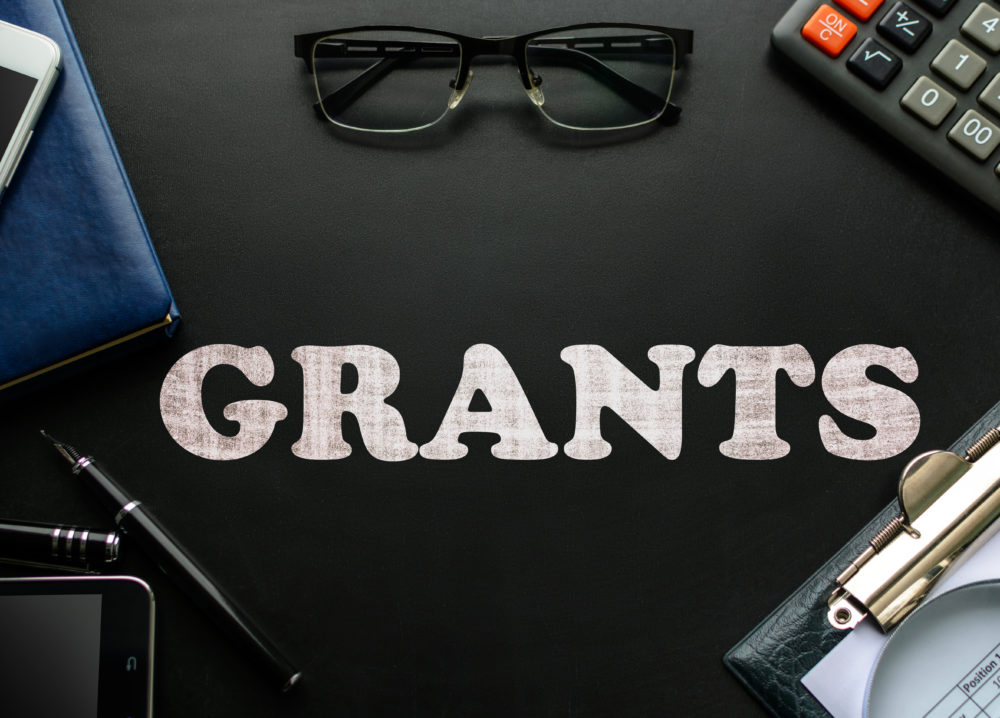What is the grant and how did you find out about it?
We received a grant of £50,000 from Nominet Trust, the UK’s largest ‘tech-for-good’ funder, as part of their £1 million Social Tech, Social Change Challenge launched last year. The grant enables tech entrepreneurs with a social mission to develop a particular venture, funding projects that tackle issues such as health (like our app), education, social care and environment. Alongside the funds, the Challenge also offers mentoring support that enables recipients to sustainably scale their projects.
We found out about Social Tech, Social Change from the development research manager at Nominet Trust, who came to speak to us at a Nexters meeting. Nexters is a government programme for social entrepreneurs, which is part of its Big Society initiative.
What did you do to apply? What did the entire process involve? Was it demanding?
We filled out a series of application forms, starting last summer, as we went through various stages. There were three forms in total and success at each stage brought on a more detailed form to fill in. They each had subsections with a lot of information in them about different aspects of the business, from financial to technical to academic. We had to provide both details of the project and the particulars of our company. For instance, we had to explain how it met the criteria for a scalable project that demonstrated an imaginative application of digital technology to address a significant social need.
We found the process was demanding but fair, and we felt very well supported by Nominet Trust throughout the application.
What were the conditions of the grant? Anything you could/couldn’t spend it on?
The conditions of the grant required applicants to have a specific ‘social tech’ project to spend the money on. Another part of this was that we had to be able to demonstrate the social impact of our project.
Nominet Trust was very flexible when we formulated our budget. There were some requirements to spend money on certain activities that would ensure the project’s viability, quality assurance and to make reporting possible. For instance, we were asked to assign 5 per cent of our budget to pay someone to extract and compile project data that we should report to the Trust, and we had to allocate funds for external testing by professional software testers. Nominet Trust was very accommodating as we worked out how best to allocate the funds within these criteria.
What did you spend it on?
We spent the grant on creating an app to treat agoraphobia, a condition that affects up to 6 per cent of the population. In many cases the condition prevents individuals affected from seeking help to recover as it traps them at home and makes it impossible for them to seek help by other means. Using a digital tool offers the opportunity to reach out to people affected by this very disabling condition and puts two parts of the traditional treatment into the hands of the sufferers, via their smartphone or tablet.
The Nominet Trust funding delivered the prototype, which was co-designed with individuals suffering from agoraphobia, members of Anxiety UK and experts from University of Roehampton.
How has it helped the company?
The grant has enabled us to create what we consider to be our first clinical application. We have developed two other health apps previously – Stress Free, which helps combat anxiety by teaching and encouraging the practice of four different relaxation techniques, including meditation and self-hypnosis, and Phobia Free, which uses exposure therapy to treat spider phobia (also known as arachnophobia). The exposure is done by getting individuals to play games which involve progressively more realistic spiders. The last session involves having the person interact with an augmented reality tarantula that they can place directly on their hands.
Nominet has funded the development of Agoraphobia Free which uses computerised cognitive behavioural therapy to treat agoraphobia. The next stage will be to complete a clinical trial to evaluate the app’s efficacy in collaboration with University of Roehampton.
What advice would you give other companies with regards to applying for grants?
When you arere applying for grants, the main thing is to have a clear idea of what your company’s mission and objectives are, and to seek grants and grant-givers that align with that mission. There are a host of funding bodies out there with various offerings to suit different types, sizes and ages of business, so take the time to do your research thoroughly and make sure that you find one that is right for you. Our best advice is to be wary of changing yourself or your projects just to fit a particular brief.
Anything to add about the process that would be interesting to small business owners?
Many times you will get rejected and sometimes it will be difficult to understand why. But that should not stop you from trying to get your business off the ground in whichever way you can. Even if you do not get funding for your full project at once there is probably something small that you can do with minimal resources to at least get the ball rolling.
I would advise to do what you can, rather than wait to be given the go ahead. If you make this initial start yourself, it will be easier to demonstrate and explain to others what you are capable of.







